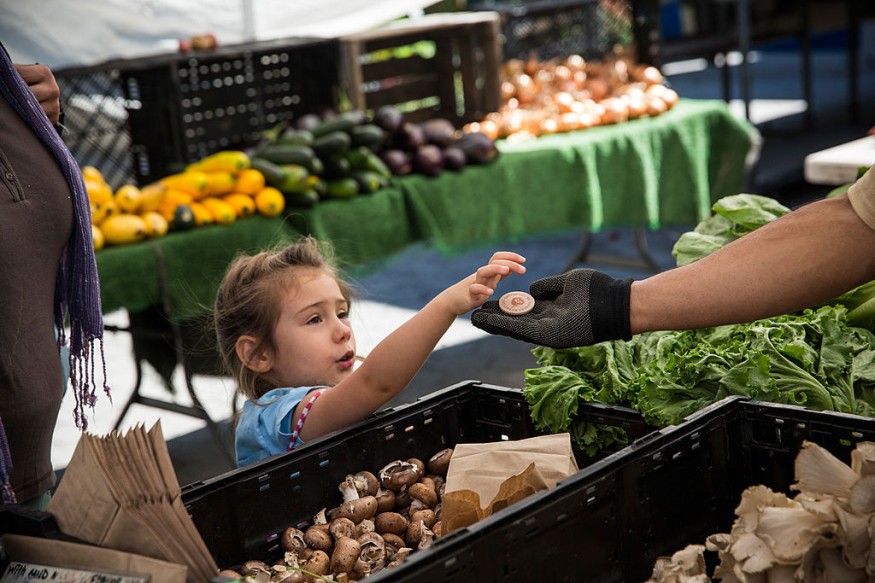SNAP Benefit Ending! 3 Nutrition Programs for Women and Children

The emergency allotments for SNAP benefits are ending, with South Carolina being the first state this year to announce that SNAP benefits recipients will no longer be accepting emergency funds due to the public health declaration.
SNAP benefits emergency allotments in 17 states have already ended in the previous years of 2021 and 2022, according to the U.S. Department of Agriculture's website.
In 2021, the states that ended their SNAP benefits emergency allotments are Idaho, North Dakota, Arkansas, Montana, Florida, Nebraska, South Dakota, Tennessee, Missouri, and Mississippi.
In 2022, states ending their emergency allotments in SNAP benefits included Iowa, Wyoming, Kentucky, Arizona, Georgia, Indiana, and Alaska.
SNAP benefits ending emergency allotments are due to a Congressional move. The emergency allotments were a temporary strategy authorized by Congress to help low-income individuals and families cushion the impact of the COVID-19 pandemic, as cited by NPR.
The emergency allotments give an additional $95 or the maximum amount for their household size.
There are other nutrition programs that could help families that are projected to struggle due to the end of emergency allotments.
U.S. Nutrition Program
Anti-hunger advocates say there has been a noticeable rise in hardship among food-insecure families, particularly in those states that have already stopped the allotments.
Atlanta Community Food Bank president and CEO Kyle Waide said that everyone toward the bottom of the income scale is just "facing really significant economic pressure right now," according to NBC News.
To help extend SNAP benefits, there are other nutrition programs, such as the Farmers Market Nutrition Program.
The nutrition program is part of the Special Supplemental Nutrition Program for Women, Infants, and Children.
Eligible participants are given FMNP coupons aside from their regular WIC benefits.
The coupons can be used to buy eligible food from farmers, farmers' markets, or roadside stands that have been approved by the state agency to accept FMNP coupons.
The Special Supplemental Nutrition Program for Women, Infants, and Children also serves pregnant women, breastfeeding women, non-breastfeeding postpartum women, infants, toddlers, and children up to age five.
The program aims to protect the health of low-income women, infants, and children up to age five who are at nutrition risk.
There is also a program that could help seniors. It is known as the Seniors Farmers' Market Nutrition Program.
It aims to provide low-income seniors with access to locally grown fruits, vegetables, honey, and herbs.
To be a participant, individuals should be at least 60 years old and have household incomes of not more than 185% of the federal poverty income guidelines.
SNAP Benefits
SNAP benefits eligibility is usually determined based on the applying household's income and resources, which should meet three tests: gross monthly income, net income, and assets.
Gross monthly income should generally be at or below 130% of the poverty line, while the net income should be at or below the poverty line.
For assets, a household without a senior member or who has a disability must have assets of $2,750 or less.
Households with such members should have assets of $4,250 or less.
READ MORE: Disaster SNAP Benefits Update: Are You Eligible for New Florida Payments?
This article is owned by Latin Post.
Written by: Mary Webber
WATCH: Yes, some families may see a drop in SNAP benefits after getting an increase in Social Security payments - from 11 Alive
Subscribe to Latin Post!
Sign up for our free newsletter for the Latest coverage!
© 2025 Latin Post. All rights reserved. Do not reproduce without permission.














